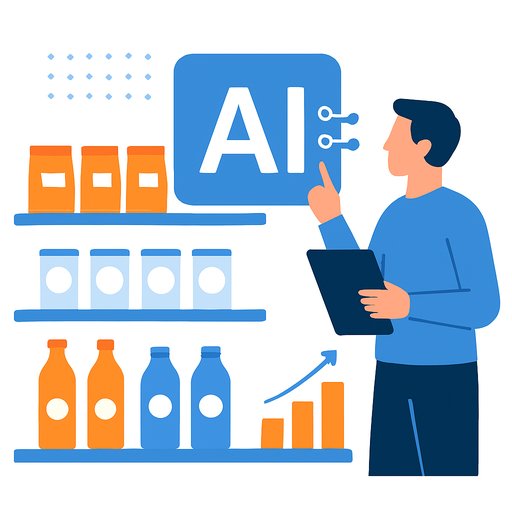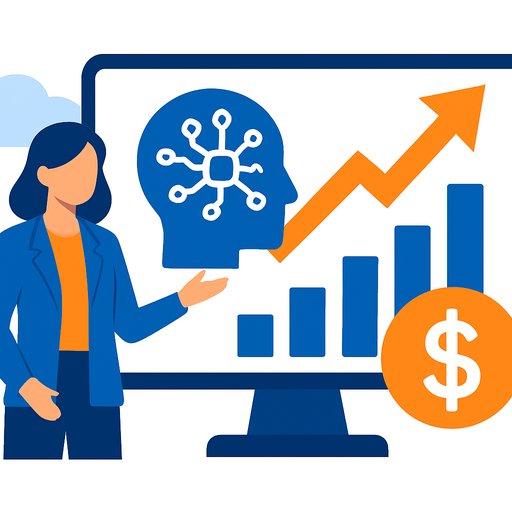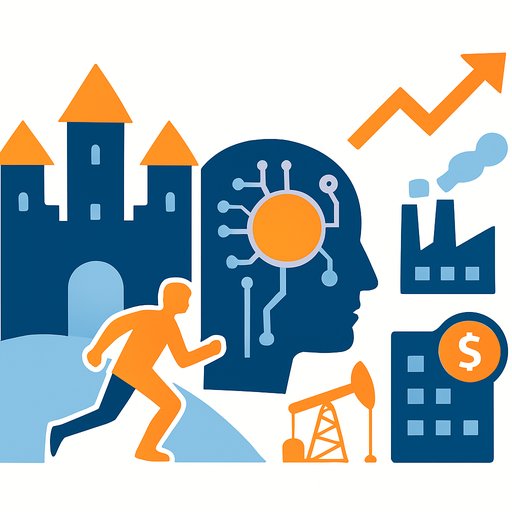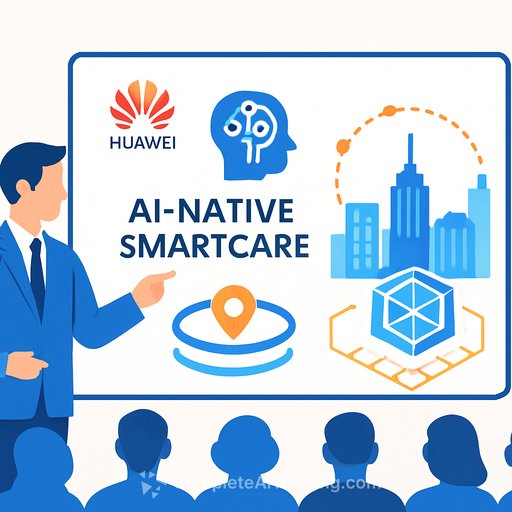Conifer Health Teams Up With Google Cloud to Advance AI-Powered RCM
Conifer Health Solutions has partnered with Google Cloud to bring artificial intelligence and intelligent automation across its end-to-end revenue cycle platform. The move targets the full financial workflow-patient access through accounts receivable-to improve cash collections and make the patient experience smoother.
Built on Google Cloud and wired into Conifer's proprietary workflows, the new platform focuses on patient access, insurance eligibility checks, revenue integrity, and A/R management. It supports an EHR-agnostic approach, which matters if you're managing multiple systems or preparing for future migrations.
Conifer's leadership reports they've been deploying custom AI across key points of the revenue cycle over the past year using Google Cloud's AI tools, with strong early results. Google Cloud highlights Conifer's deep RCM expertise and system-agnostic model as a fit for building an AI platform aimed at reducing complexity and improving the patient experience.
What this means for management
- Faster cash: Automate eligibility checks, prior authorization steps, and payment estimation to reduce delays and improve point-of-service collections.
- Fewer denials: Use AI-driven verification, coding support, and audit prompts to prevent avoidable write-offs and rework.
- Lean operations: Route tasks to the right team at the right time, cut manual touches, and focus staff on exceptions and high-value accounts.
- Better patient experience: Clear estimates, fewer billing surprises, and quicker resolution on disputes and refunds.
Scale and scope
The Texas-based company is a subsidiary of Tenet Healthcare Corporation and provides tech-enabled end-to-end RCM services plus point solutions across the revenue cycle. Conifer supports value-based care programs with population health and financial management capabilities, manages more than 17 million patient interactions a year, and oversees over $32 billion in net patient revenue.
Questions to ask before you adopt
- Integration: How will this plug into your EHR, clearinghouse, payer portals, and prior auth tools without breaking existing workflows?
- Security and compliance: What controls protect PHI? Is there HITRUST/SOC 2 coverage, role-based access, and audit trails?
- Model quality: How are models trained, validated, and monitored? What human-in-the-loop steps exist for coding and clinical edits?
- Explainability: Can staff see why a recommendation was made (e.g., denial risk, eligibility outcome) to speed approvals and appeals?
- Change management: What retraining is needed for patient access, coding, billing, and A/R teams? How will success be measured?
- KPIs and ROI: Baseline your denials, yield, days in A/R, and cost to collect; set clear targets and timelines for lift.
- Contracting: Are there outcomes-based fees or performance guarantees tied to measurable improvements?
How to pilot with low risk
- Start with one service line or facility, stand up a 60-90 day pilot, and run A/B comparisons against current processes.
- Pick 3-5 metrics that matter: initial denial rate, point-of-service collections, DNFB days, clean claim rate, and cost per claim.
- Set escalation paths for exceptions, and give supervisors a daily dashboard to spot trends and intervene early.
- Loop in IT, security, HIM, and patient access leadership early to avoid surprises and keep the rollout tight.
If you want a deeper look at the supporting tech, explore Google Cloud's healthcare AI capabilities here: Google Cloud for Healthcare.
Building team skills to run AI-enabled RCM playbooks? Browse role-focused training here: Complete AI Training - Courses by Job.
Bottom line: Conifer's Google Cloud-based platform pushes AI into everyday revenue cycle work. For executives, the upside is straightforward-fewer denials, faster cash, and a cleaner patient experience-provided you set clear KPIs, protect data, and pilot with discipline.
Your membership also unlocks:





